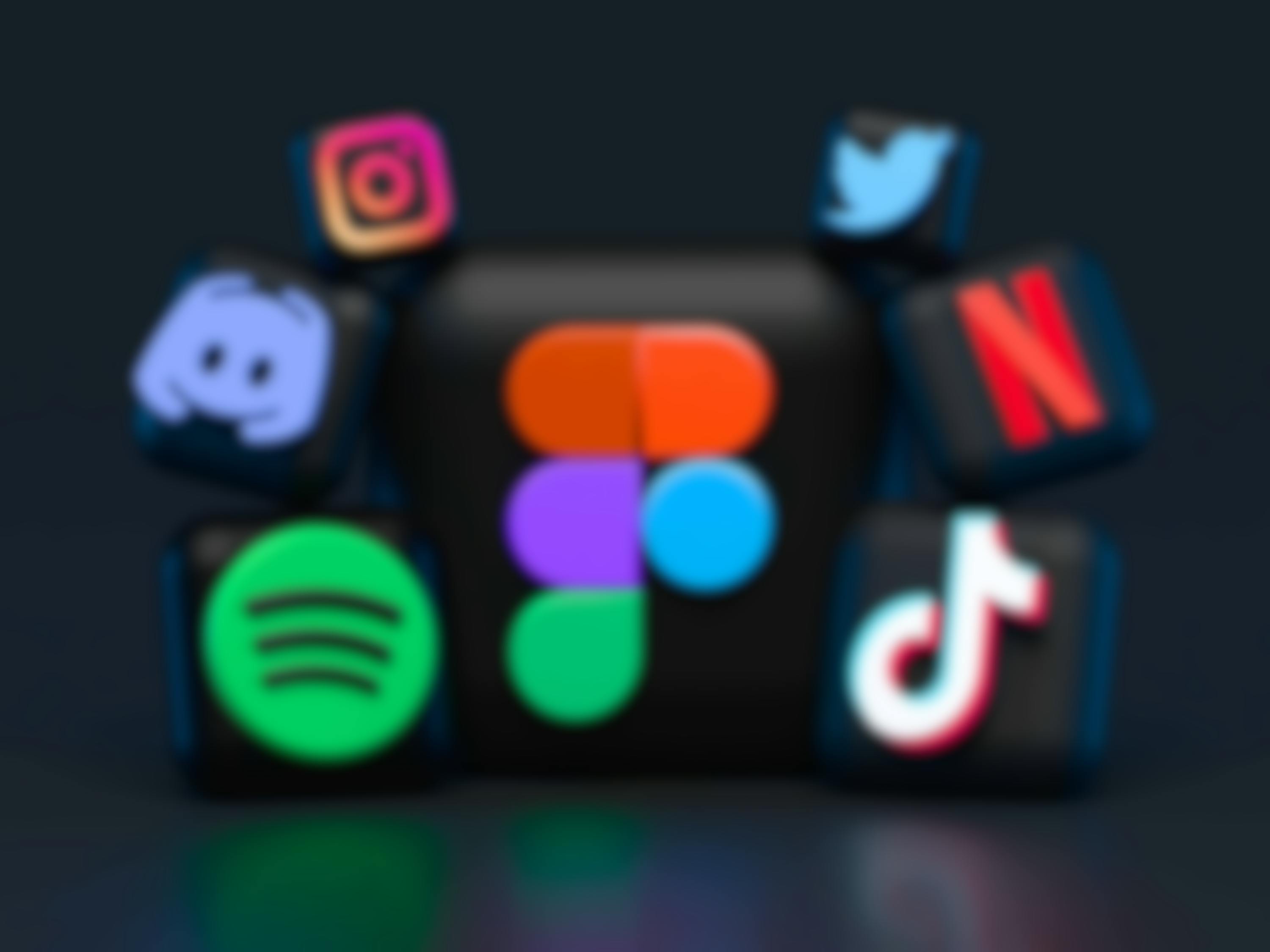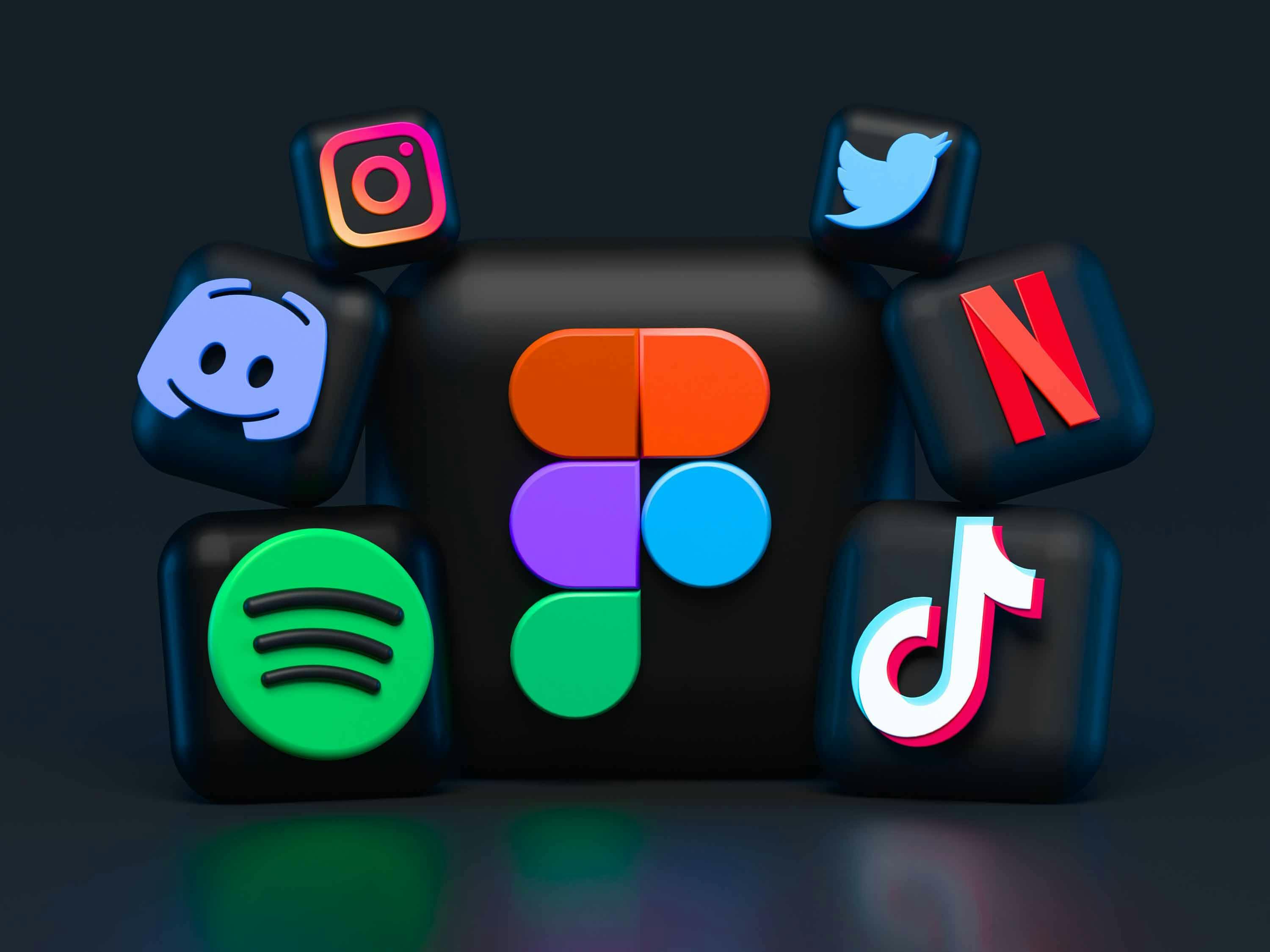Social media has become an important part of online marketing, and in the last few years integral to online success. Rather than going into detail about optimizing one of the many social media tools available, we’ll look at some of the most popular and how they can be combined to create a synergy to improve results across each other.
Facebook: Facebook is an excellent place to communicate with your consumers in real time. Take the effort to establish a dialogue, and ask open ended questions directed at the users. Use objective nouns like “you” to make sure people feel that the conversation is intimate. Facebook is great for reposting images, Youtube videos, and blog posts and can drive traffic back to your website. Become more attractive to Facebook users by offering Facebook exclusive coupons and deals. Try adding a tab specifically for deals right on your Facebook page. A few very important tips:
- Make sure you create a business page, and that it's attached to a company account.
- Set privacy settings to make sure that you aren't targetted by spam.
- Before any Facebook contests or promotions read the guidelines at http://www.facebook.com/promotions_guidelines.php.
Twitter: Twitter allows conversation, but it can often bog down the content and make it difficult to find, so it’s best not trying to create a dialogue. A good use for Twitter is a short new feed for official use and micro-blogging. Informing people of new specials, conditions, or just reminding them about your product or service are all good uses for Twitter. It’s a good idea to make sure that the information on the Twitter differs from the information on the Facebook, but don’t be afraid to post links to Facebook events in the Twitter feed. Try to make the Twitter more official, and the Facebook more casual.
Blog: This is where your best information should exist. The internal linking and SEO strength on your blog needs to be cultivated, and the other services simply can’t compete with the SEO potency of an internal blog. Repost links to the blog in the Facebook and Twitter. Utlimately, all of your social media should direct traffic back to the blog.
Youtube: Youtube has unique advantages and disadvantages. It is an invaluable tool to post videos, and should be favored over the Facebook internal video uploaded, because it offers a better system for seeing traffic, and it will be more likely to find casual viewers browsing Youtube. But be careful relying on the social aspects of Youtube, as users may not click on your channel very often, preferring to watch the videos then move on. This is why it’s important to have a direct link to your site in the description, and clearly defined titles so that your business recieves boosted web presence. Youtube videos gain the most exposure posted on Facebook, as users can stream them in the Facebook window without having to navigate away.
Digg/Reddit: This can be a fickle community as they're hard to get excited about business oriented content, but they both carry a lot of weight in web traffic. Practice submitting unrelated content to build confidence in your ability to promote a link or information before posting your own links supporting your business. This will let them know that you’re posting legitimate content with a real account that has built up a history of good content, and not spam with a throw away account. Submit your best blog articles and images with descriptive headlines to draw the most traffic; humor goes a long way.


